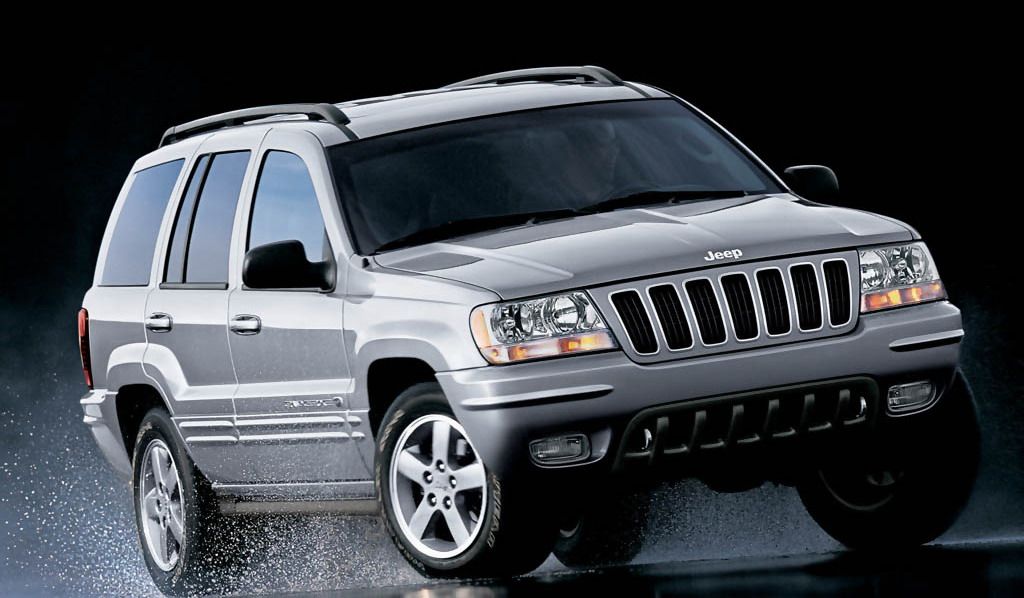The Chrysler Group is expected to announce today it will broaden its lineup of models that can burn ethanol fuels, part of a growing march of politicians and automakers hailing ethanol as a salve for the nation's rising energy bill.
Two prominent U.S. senators sent letters to the six largest automakers on Monday encouraging them to build more vehicles capable of running on E85, a mixture of 85% ethanol and 15% gasoline. President George Bush is to speak today to the Renewable Fuels Association, the trade group for the ethanol industry.
Ethanol - the same kind of alcohol people put in their tanks at happy hour -- has been winning more converts in Congress as gas prices reach $3 a gallon around the country. Political supporters proclaim ethanol as a renewable energy source, typically made from corn, which recaptures the carbon dioxide released by burning other fuels.
Chrysler Group President Tom LaSorda said in January that the company would make one-fourth of all vehicles it sells ethanol-friendly by the 2008 model year. Chrysler already offers ethanol-ready engines in the Ram, Durango, Caravan, Grand Caravan, Town & Country, Stratus and Sebring.
Chrysler officials confirmed Monday that LaSorda, in a speech following Bush, will announce the addition of flex-fuel engines for the Jeep Commander and Grand Cherokee by 2007.
The two senators, Iowa Democrat Tom Harkin and Indiana Republican Richard Lugar, have sponsored a Senate bill that would require automakers to annually increase the number of vehicles capable of burning E85 until nearly all the cars and trucks they sell are so equipped.
"Our request to you is simple. Produce more FFV (flex-fuel vehicles) as quickly as possible," the senators said in their letter.
"We are very eager to work with you to clear any impediments. However, since you are already producing these vehicles, or hybrids or other advanced technology vehicles, it would seem to us that not only can you build many more FFVs, it would be in your business interest to do so."
President Bush is expected to highlight his administration's efforts to increase ethanol production, toward a goal of replacing 30% of current gasoline demand by 2030.
"I'm a big proponent of ethanol. I like the idea of America's farmers being able to grow fuel," Bush said during an Earth Day speech in California on Sunday. "I like the idea of people saying, my corn crop is up and, therefore, we're less dependent on oil from somewhere."
General Motors Corp., Ford Motor Co. and DaimlerChrysler have been building E85-ready vehicles for years thanks to credits in federal fuel economy rules that help offset the mileage of their largest SUVs and pickups.
Detroit automakers and Nissan have said they would build 700,000 vehicles this year that can run on E85, adding to about 4 million such vehicles on the road already. GM Vice Chairman Bob Lutz said during the New York Auto Show this month that GM could increase production of E85-capable vehicles as much as the market demands.
"In terms of improving air quality, reducing CO-2 and reducing dependence on foreign oil, this is the best play there is," Lutz said. "It's way better than hybrids."
Ethanol's political appeal could pressure foreign automakers, which have been more reserved about the benefits of ethanol-powered vehicles than their domestic counterparts.
"We might do an E85 vehicle, even though the fuel's not available, if the public perception starts to drive the need," said David Hermance, Toyota Motor Corp.'s executive engineer of environmental engineering at its U.S. technical center. "It's not a difficult technology to develop. We might do it if the market demands it."
Whether the market will demand more ethanol depends on several hurdles. Ethanol producers can make about 4.5 billion gallons a year, and are adding enough capacity to boost output by another 2 billion gallons. But that's still less than 1% of the nation's annual gasoline consumption.
Only 681 fueling stations nationwide offer E85, mostly in the Midwest. The National Ethanol Vehicle Coalition expects that number to grow to 2,000 this year thanks to a tax credit for station owners who install E85 pumps, but the Internal Revenue Service has yet to issue final rules for the credit.
Those hurdles have tamped down any signs of strong customer demand for E85-powered vehicles, said Tom Libby, the senior director of industry analysis at J.D. Power's Power Information Network.
"The consumer has to feel, has to perceive that there's going to be the same availability of ethanol as regular fuel, and we're nowhere near that point yet," he said.

